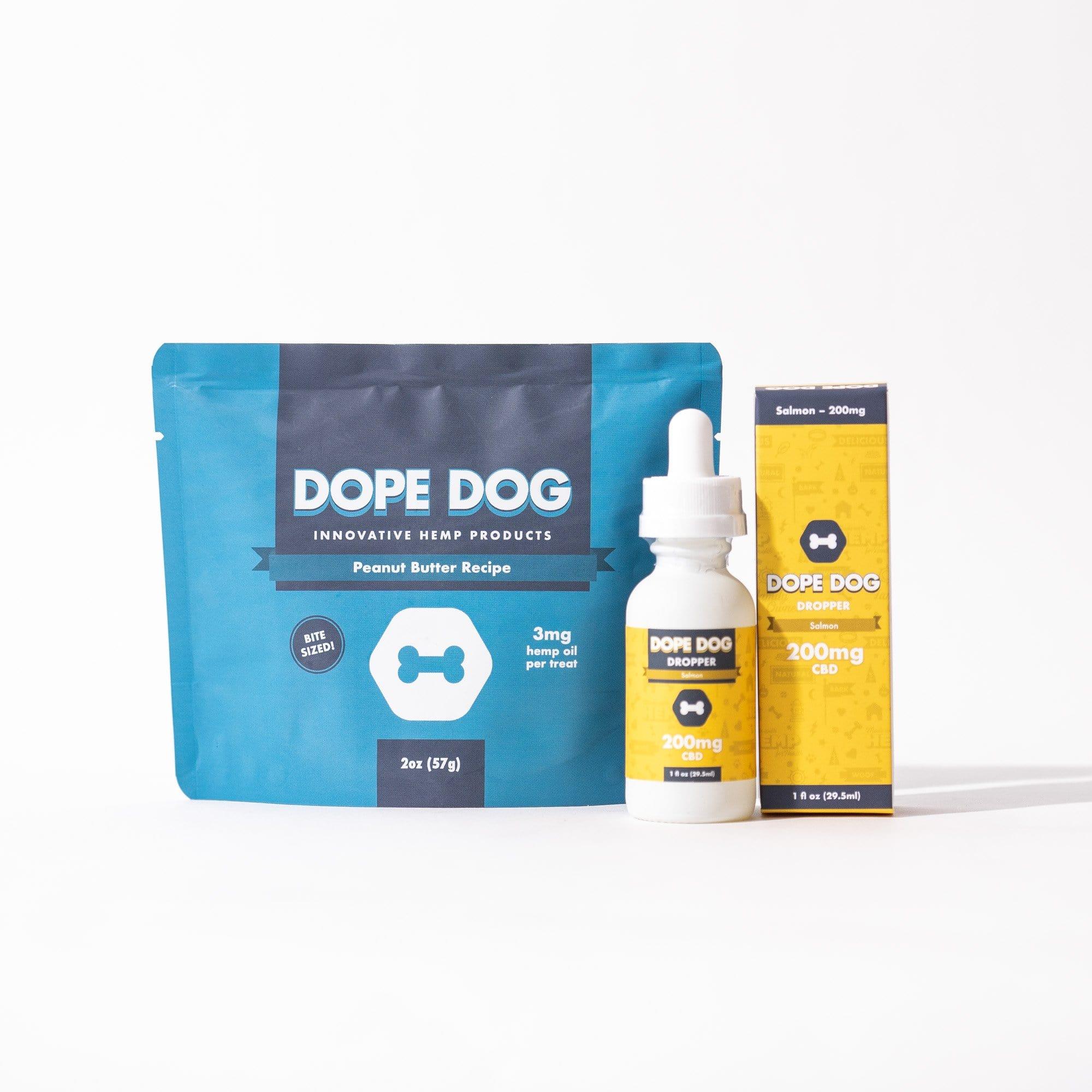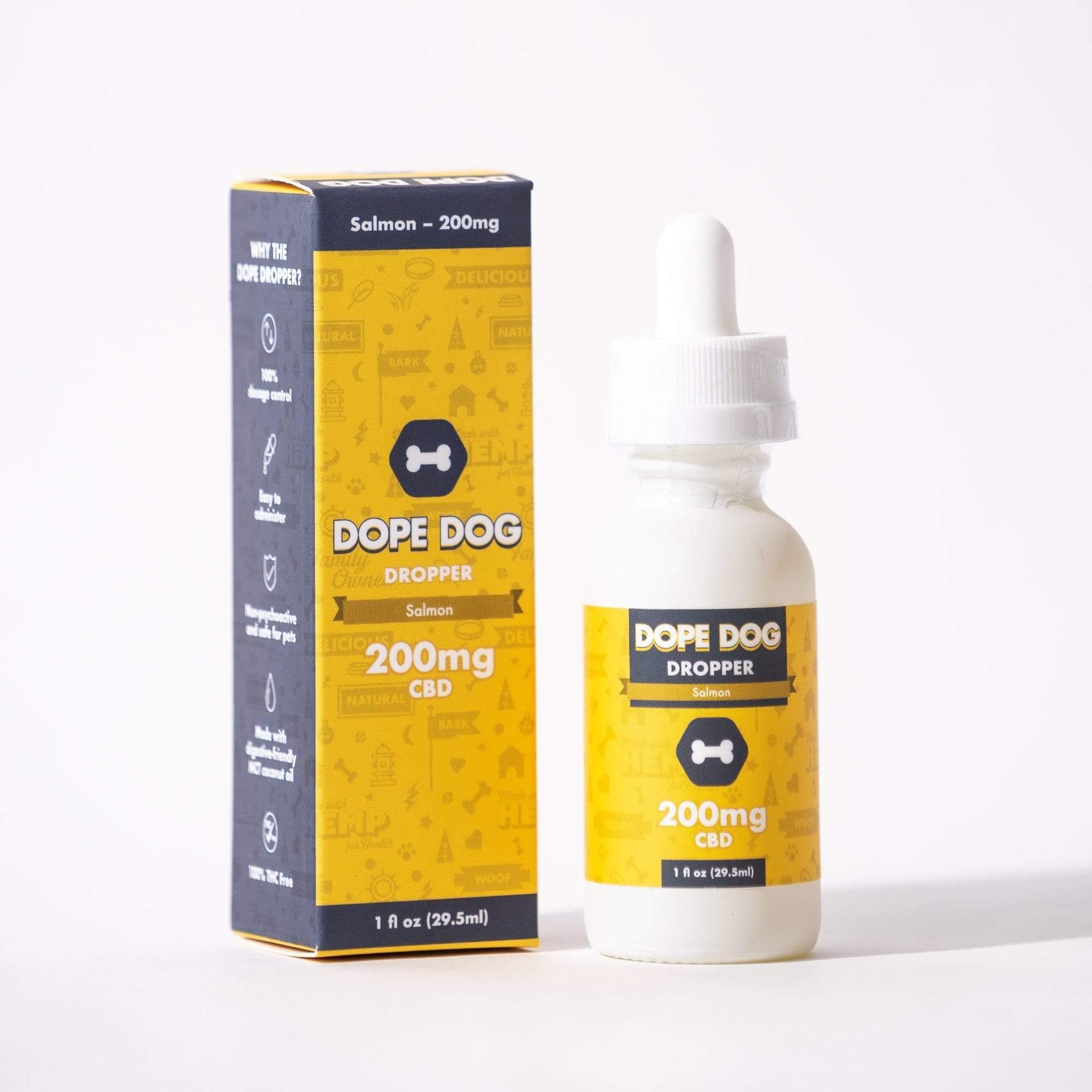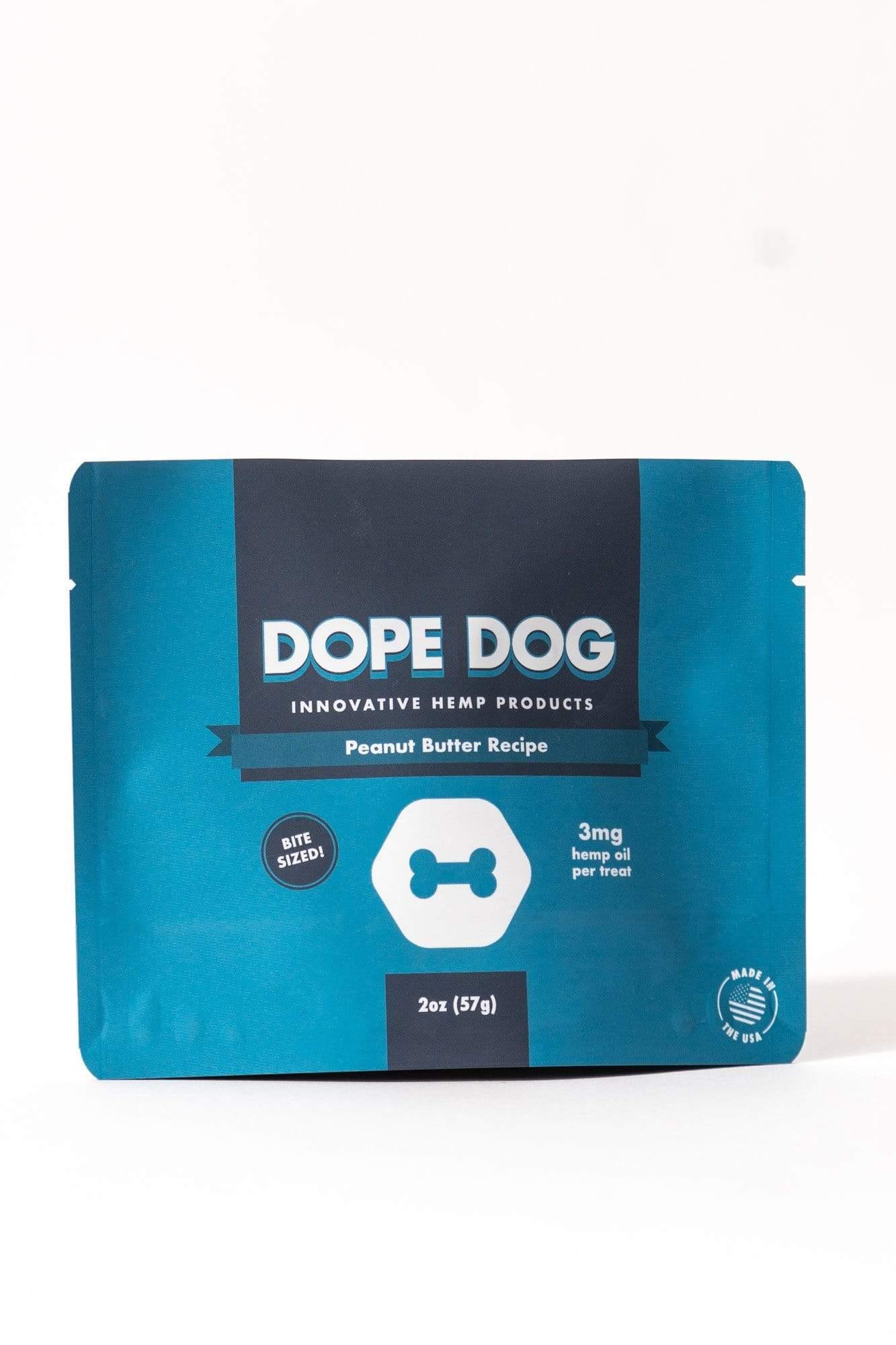Concerned about your dog's joint pain, allergies, or itchy skin? Don't fret! You may already have a natural remedy sitting in your spice rack—turmeric! In this comprehensive blog post, we will plunge into the fascinating realm of turmeric for dogs, an ingredient vet-recommended for its wealth of health benefits.
First, let's dissect what makes turmeric so beneficial. The magic lies in curcumin, its active compound, renowned for its anti-inflammatory, antioxidant, and immune-boosting qualities. We'll walk you through the nutritional profile of turmeric, how curcumin plays a pivotal role, and even touch on factors that improve its bioavailability in your dog's system.
We'll explore how turmeric can be a game-changer in managing not only arthritis and joint health but also allergies and skin conditions. Thanks to its anti-allergic and skin-soothing properties, turmeric for dogs with itchy skin can be a lifesaver. Plus, we’ll examine turmeric’s potential in cancer prevention and as a support in treatment.
However, no treatment is without its considerations. We'll look into possible side effects of turmeric in dogs, which can include gastrointestinal issues and, in some instances, vomiting. If you’re wondering, "can I give my dog human turmeric capsules?" We'll address that too, along with any potential medication interactions. We aim to offer a well-rounded view to ensure you can safely add turmeric to your dog's wellness routine.
Ready for some DIY? Our segment on turmeric for dogs recipes, including the famed turmeric golden paste and scrumptious turmeric-infused dog treats, is just for you. Plus, we’ll discuss other complementary natural supplements like fish oil for those Omega-3s and probiotics for a healthy gut.
And because we know you’ve got questions, we're prepared to tackle those as well. From its compatibility with other medications to how long it takes for turmeric to show effects in your dog, we’ve got it all covered.
So, stay tuned as we unlock the incredible health benefits of turmeric for your four-legged friend. By the end, you'll know precisely how to make your dog’s life healthier and more comfortable, naturally!

Related: Stop Dogs From Barking
Understanding Turmeric for Dogs
Turmeric, derived from the Curcuma longa plant, is a vibrant yellow spice commonly used in Asian cuisine. In recent years, its potential health benefits for both humans and our cherished canine friends have gained significant attention. This section will provide a detailed overview of turmeric, including its definition, origin, and nutritional profile.
What is Turmeric?
Turmeric is a perennial plant native to Southeast Asia, particularly India and Indonesia. It belongs to the ginger family and is characterized by its bright yellow color and earthy aroma. The primary component responsible for turmeric's health benefits is curcumin, a polyphenol with potent anti-inflammatory and antioxidant properties.
Nutritional Profile and Active Compounds
Turmeric is not only rich in curcumin but also contains various other beneficial compounds. It is a good source of dietary fiber, vitamin C, vitamin E, vitamin K, calcium, potassium, iron, and manganese. These nutrients contribute to turmeric's overall nutritional value and potential health benefits.
Curcumin, turmeric's key compound, can modulate various molecular targets like enzymes, growth factors, and cytokines. It is through these interactions that curcumin exerts its anti-inflammatory, antioxidant, and immune-regulatory effects. Additionally, turmeric contains other curcuminoids, such as demethoxycurcumin and bisdemethoxycurcumin, which also contribute to its therapeutic properties.
Turmeric also contains volatile oils, such as turmerone and atlantone, which further enhance its bioactive potential. These compounds work synergistically to provide a wide range of health benefits, making turmeric a fascinating natural remedy for dogs.
Benefits of Turmeric for Dogs
Turmeric has gained popularity as a natural supplement for dogs due to its numerous potential health benefits. In this section, we'll delve into turmeric's diverse benefits for dogs, from its anti-inflammatory effects to immune system support.

Anti-inflammatory Properties
One of the key benefits of turmeric for dogs is its powerful anti-inflammatory properties. Inflammation is a natural response by the body to injury or infection, but chronic inflammation can lead to various health conditions, including arthritis and autoimmune diseases. Curcumin, the active compound in turmeric, has been shown to inhibit the production of inflammatory markers, thus reducing inflammation and associated pain in dogs. By incorporating turmeric into your dog's diet, you may help alleviate joint pain and improve their overall mobility.
Antioxidant Effects
Turmeric is also rich in antioxidants, which play a crucial role in neutralizing harmful free radicals. Free radicals are unstable molecules that harm cells, speed up aging, and contribute to chronic diseases. Antioxidants help counteract the effects of free radicals, promoting overall cellular health. Curcuminoids in turmeric boast potent antioxidant properties that protect your dog's cells from oxidative stress and boost their overall well-being.
Immune System Support
A strong immune system is vital for dogs to fight off infections and maintain optimal health. Turmeric has been found to modulate the immune system by enhancing the activity of certain immune cells, such as natural killer cells and T-cells. This immune-modulating effect can help strengthen your dog's immune response, making them more resilient to illnesses and infections. By incorporating turmeric into their diet, you may be able to provide your furry friend with an extra boost to their immune system.
Related: Dog Yeast Infection
Digestive Health Improvement
Turmeric has been used for centuries in traditional medicine to support digestive health. It can help stimulate the production of bile, which aids in the digestion and absorption of fats.
Turmeric also possesses antimicrobial properties, which can help combat harmful bacteria in the gut and promote a healthy balance of beneficial bacteria. By incorporating turmeric into your dog's diet, you may help improve their digestion and promote a healthy gut microbiome.
Pain Relief and Joint Health Promotion
Arthritis and joint pain are common conditions that affect many dogs, particularly as they age. The anti-inflammatory properties of turmeric can be highly beneficial in managing these conditions. Curcumin has been shown to inhibit the activity of enzymes involved in joint inflammation and degradation, thus reducing pain and supporting joint health. Adding turmeric to your dog's diet may help alleviate their discomfort and improve their overall quality of life.

By harnessing the natural power of turmeric, you can provide your furry friend with a multitude of potential health benefits. From reducing inflammation and promoting joint health to supporting their immune system and improving digestive health, turmeric has a lot to offer. However, it's important to understand how turmeric works for dogs and the proper dosage and administration methods, which we will explore in the next section.
Understanding How Turmeric Works for Dogs
Now that we have explored the various benefits of turmeric for dogs, it's important to understand how this remarkable spice works within their bodies. In this section, we will dive into the fascinating world of curcumin, the active compound in turmeric, and discuss its bioavailability. Additionally, we will address the appropriate dosage and administration methods to ensure maximum effectiveness.
Related: Dog Got Stung By Bee
Curcumin and its Bioavailability
Curcumin is the primary bioactive compound found in turmeric, responsible for many of its therapeutic properties. However, it's essential to note that curcumin's bioavailability in the body is relatively low. When ingested, curcumin undergoes rapid metabolism and elimination, limiting its absorption and utilization. Despite this challenge, there are ways to enhance curcumin's bioavailability and maximize its potential benefits for dogs.
Factors Affecting Curcumin Absorption
Several factors influence the absorption and bioavailability of curcumin in dogs. One crucial factor is its poor solubility in water, which limits its absorption in the gastrointestinal tract. However, combining curcumin with substances that enhance its solubility, such as black pepper extract (piperine) or fats like coconut oil, can significantly improve its absorption.
Another factor to consider is the metabolic activity of the liver. The liver quickly metabolizes curcumin, reducing its availability for systemic circulation. To counteract this, you can explore the use of liposomal formulations or nanoemulsions, which protect curcumin from rapid metabolism and enhance its absorption.
Additionally, the presence of inflammation within the body can alter the absorption and metabolism of curcumin. Inflammatory conditions can increase the expression of certain enzymes responsible for curcumin metabolism, thereby reducing its bioavailability. By addressing and managing the underlying inflammation, you can potentially improve the absorption and effectiveness of curcumin in your dog's body.
Dosage and Administration

Determining the appropriate dosage of turmeric for your dog is crucial to ensure safety and effectiveness. The recommended dosage may vary depending on factors such as your dog's size, age, and overall health condition. It's always best to consult with your veterinarian before introducing turmeric or any other supplement into your dog's routine.
Turmeric for dogs is available in various forms, including powdered turmeric, turmeric capsules, and specialized turmeric treats. The choice of administration method depends on your dog's preferences and ease of use. Some dogs may enjoy the taste of turmeric and happily consume it in powdered form mixed with their food, while others may prefer the convenience of capsules or treats.
Are you looking for a worry-free way to safely dose your dog? Dope Dog has treats that make it easier than ever to offer your CBD. Shop today!
When starting your dog on turmeric, it's advisable to begin with a low dose and gradually increase it over time. This allows their body to adjust and ensures that they tolerate turmeric well. Monitoring your dog's response to turmeric, including any changes in their health or behavior, is vital. If you notice any adverse effects, it's essential to discontinue use and consult your veterinarian.
Understanding how curcumin works within the body and the factors that influence its bioavailability is key to optimizing the benefits of turmeric for dogs. By utilizing strategies to enhance absorption, considering individual factors, and accurately dosing turmeric, you can maximize the potential benefits for your furry friend. In the next section, we will delve into specific conditions that turmeric can help with in dogs, starting with arthritis and joint pain.
Related: Zyrtec for Dogs
Conditions that Turmeric Can Help with in Dogs
Turmeric's therapeutic properties extend beyond its anti-inflammatory and antioxidant effects. In this section, we will explore specific conditions in dogs where turmeric has shown promising results. From arthritis and joint pain to allergies and skin disorders, turmeric has the potential to provide relief and support for various health issues.
Arthritis and Joint Pain
Arthritis is a common condition among dogs, particularly in older age. It involves inflammation of the joints, leading to stiffness, pain, and reduced mobility. Turmeric's anti-inflammatory properties make it a valuable natural remedy for managing arthritis in dogs. Curcumin, the active compound in turmeric, has been shown to inhibit the production of inflammatory markers and enzymes that contribute to joint inflammation and degradation. By incorporating turmeric into your dog's diet, you may help alleviate their joint pain, improve their mobility, and enhance their overall quality of life.
Allergies and Skin Disorders
Allergies and skin disorders can cause immense discomfort for dogs, leading to itching, inflammation, and skin irritation. Turmeric has been found to possess anti-allergic properties and can be a valuable addition to the treatment of allergies and skin conditions.

Curcumin's ability to modulate the immune system helps to reduce allergic responses and soothe inflamed skin. Additionally, turmeric's antimicrobial properties can aid in combating bacteria and fungi that may contribute to skin infections. Whether your dog is dealing with environmental allergies, food allergies, or skin irritations, turmeric may provide relief and support their skin health.
Cancer Prevention and Treatment Support
Cancer is a devastating disease that affects both humans and animals. While turmeric is not a cure for cancer, it has attracted attention for its potential in cancer prevention and treatment support. Chronic inflammation is closely linked to the development and progression of cancer, and turmeric's anti-inflammatory properties can help reduce inflammatory responses that contribute to tumor growth. In addition, curcumin has been found to exhibit anticancer effects by inhibiting the proliferation of cancer cells, promoting apoptosis (cell death), and preventing angiogenesis (the formation of new blood vessels that support tumor growth). While more research is needed in this area, turmeric shows promise as a complementary therapy for dogs with cancer.
As we delve deeper into the potential benefits of turmeric for dogs, it's important to remember that individual responses may vary. While turmeric can provide relief and support for these conditions, it's always advisable to consult with your veterinarian before introducing any new treatment or supplement. In the next section, we will discuss safety precautions and potential side effects when using turmeric for dogs.
Related: Can A Dog Overdose In CBD?
Safety and Precautions When Using Turmeric for Dogs
While turmeric offers numerous potential benefits for dogs, it's important to exercise caution and be aware of potential side effects and interactions. In this section, we will discuss the possible side effects of turmeric, interactions with medications, and considerations for choosing high-quality turmeric products.
Possible Side Effects
Turmeric is generally considered safe for dogs when used appropriately. However, like any supplement or medication, it can potentially cause side effects in some individuals. The most common side effects associated with turmeric use in dogs include gastrointestinal issues such as an upset stomach, diarrhea, or vomiting. These side effects are usually mild and transient, resolving on their own once the body adjusts to turmeric.
It's important to note that some dogs may be more sensitive to turmeric than others. If you notice any adverse effects in your dog after introducing turmeric into their diet, it's best to discontinue use and consult your veterinarian for guidance.
Interactions with Medications
Turmeric may interact with certain medications, so it's important to be cautious if your dog is taking any prescribed drugs. Turmeric has the potential to enhance the effects of medications that have antiplatelet or anticoagulant properties, such as aspirin or warfarin.
This can increase the risk of bleeding or bruising in your dog. Additionally, turmeric may interact with drugs that are metabolized by the liver, as curcumin can affect the activity of liver enzymes responsible for drug metabolism.
If your dog is on any medications, it's crucial to consult with your veterinarian before introducing turmeric or any other supplements. Your veterinarian can assess the potential interactions and adjust medication dosages if necessary.
Related: CBD Oil For Dogs With Cancer
Choosing High-Quality Turmeric Products
Turmeric supplements for dogs are available in various forms, including powders, capsules, and treats. When selecting a turmeric product, it's essential to choose high-quality options from reputable brands. Look for products that clearly state the curcumin content and are free from additives, fillers, and artificial ingredients.
Additionally, consider the sourcing and processing methods of the turmeric. Organic turmeric is preferable to minimize the risk of pesticide residues. Look for turmeric products that have undergone third-party testing to ensure purity and quality.
Remember, not all turmeric products are created equal, and some may have lower curcumin content or diminished bioavailability. Research the brand, read customer reviews, and consult with your veterinarian for recommendations on trusted turmeric products for your dog.
By being mindful of safety precautions, monitoring your dog for any adverse effects, and choosing high-quality turmeric products, you can ensure a positive and safe experience when incorporating turmeric into your dog's routine.
In the next section, we will delve into practical tips on incorporating turmeric into your dog's diet and lifestyle. We'll provide homemade turmeric recipes, explore other natural supplements that can complement turmeric, and address frequently asked questions.
Incorporating Turmeric into Your Dog's Diet and Lifestyle
Now that we have explored the benefits, usage, and safety considerations of turmeric for dogs, it's time to dive into practical ways to incorporate this golden spice into your furry friend's diet and lifestyle. In this section, we will provide you with homemade turmeric recipes, discuss other natural supplements that can complement turmeric, and address frequently asked questions.
Related: What To Give Your Dog To Sleep Through The Night?
Homemade Turmeric Recipes for Dogs
- Turmeric Golden Paste: The turmeric golden paste is a popular way to administer turmeric to dogs. To make this paste, combine turmeric powder with coconut oil and freshly ground black pepper. The coconut oil enhances the absorption of curcumin, while the black pepper contains piperine, which further increases its bioavailability. You can store the paste in a glass container in the refrigerator and add it to your dog's meals as needed.
- Turmeric-Infused Dog Treats: Another creative way to incorporate turmeric into your dog's diet is by making homemade turmeric-infused dog treats. You can find numerous recipes online that combine turmeric with dog-friendly ingredients such as pumpkin, peanut butter, or sweet potatoes. These treats not only provide the health benefits of turmeric but also make for a tasty and enjoyable snack for your furry friend.
Other Natural Supplements to Combine with Turmeric
While turmeric offers a multitude of benefits, combining it with other natural supplements can enhance its effects and support your dog's overall health. Here are a few examples:
Fish Oil and Omega-3 Fatty Acids: Fish oil is a rich source of omega-3 fatty acids, which have anti-inflammatory properties and support joint health. Combining fish oil with turmeric can provide a powerful synergy in managing arthritis and reducing inflammation in dogs. Ensure you choose a high-quality fish oil supplement specifically formulated for dogs.
Probiotics for Gut Health: Probiotics are beneficial bacteria that support a healthy gut microbiome. A balanced gut microbiome is essential for proper digestion, immune function, and overall well-being. Combining probiotics with turmeric can help promote a healthy digestive system and enhance the absorption of nutrients.

Frequently Asked Questions about Turmeric for Dogs
- Can turmeric be used for puppies? While turmeric is generally safe for dogs, it's advisable to consult with your veterinarian before introducing it to puppies. Puppies have developing systems, and their nutritional needs may differ from adult dogs.
- How long does it take to see results? The time it takes to see results can vary depending on the condition being addressed and the individual dog. Some dogs may experience noticeable improvements within a few weeks, while others may require more time. Consistency is key, and it's important to give turmeric sufficient time to work in your dog's system.
- Can turmeric be used alongside other medications? It's crucial to consult with your veterinarian if your dog is on any medications. While turmeric is generally safe, it may interact with certain medications, as we discussed earlier. Your veterinarian can guide you on the best approach to incorporating turmeric alongside other medications your dog may be taking.
By incorporating homemade turmeric recipes and combining turmeric with other natural supplements, you can enhance the benefits and support your dog's overall health. Remember to introduce new foods and supplements gradually, monitor your dog's response, and consult with your veterinarian for personalized advice.
In conclusion, turmeric can be a valuable addition to your dog's wellness routine, offering a range of potential benefits from reducing inflammation and supporting joint health to promoting a healthy immune system and improving digestion. With proper knowledge, caution, and the right approach, you can harness the power of turmeric to help your furry friend live a happier, healthier life.
Love your pup every day the easy way with Dope Dog. Check out their full line of pet-safe CBD products today. Shop now!


![Why is My Dog's Ear Swollen? [MUST KNOW!]](http://dope.dog/cdn/shop/articles/tim-higham-QxDXORRktWE-unsplash-555717.jpg?v=1697236049&width=1536)















